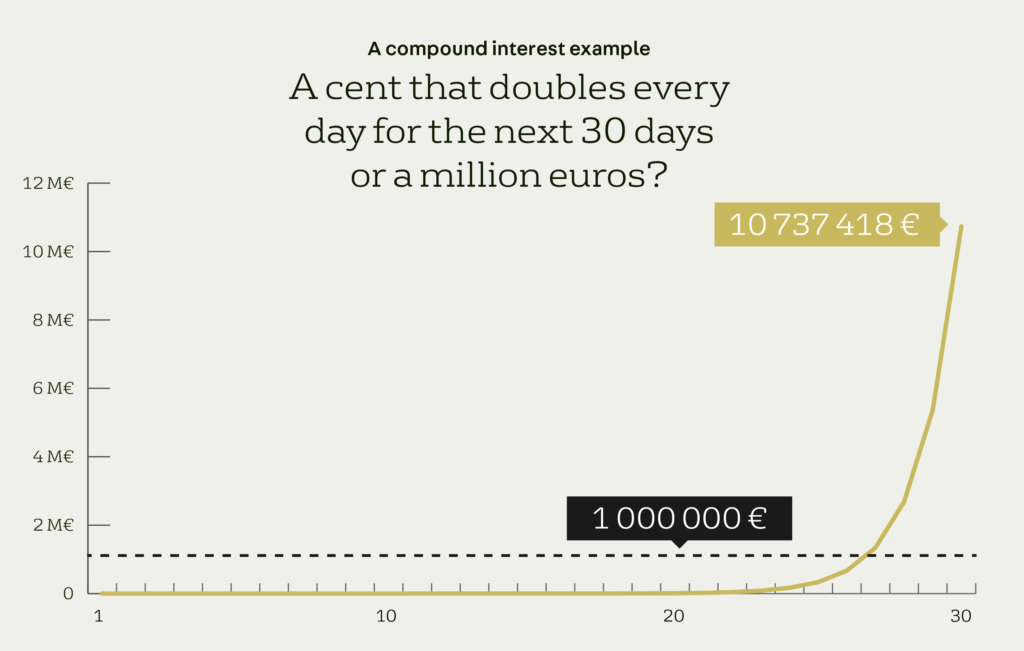The coronavirus crisis gave investors an excellent lesson on the effect that emotions can have on investing and returns. The fear of losing creates some degree of panic in many investors and triggers irrational decisions.
Carefully devised investment strategies are easily abandoned when the stock markets are in free fall. Even professionals are not immune to these reactions that come from deep within.
Take, for example, a person who — after past mistakes — has decided to stick to a long-term investment plan. He regularly buys carefully selected stocks or mutual funds. He has some cash on the side to be ready to buy when a good opportunity presents itself. This is the plan he keeps repeating to himself and to his friends.
When the coronavirus pandemic hit the Western world in March and share prices plummeted, did this person see it as a strategic opportunity and start buying? Or did he decide to stop following his plan of making regular buys, or even sell some of his holdings?
Investors lose to indices by 4% on average
John C. Bogle, who was known as the father of index investing and the founder of the index fund company Vanguard, once conducted a study on the behavior of investors who invest in exchange-traded funds (ETFs).
One of the findings of the study was that investors lose to indices by 4 percentage points per year on average — not because they choose the wrong funds, but because the timing of their buying and selling is wrong.
Investors often sell in times of panic and buy when the prices have already risen.
Share prices tend to rise quickly after a downturn, and this happened again last spring. Most of the panic sellers in the market missed out on the biggest increases.
Investing is not a game
Too many people see investing as an exciting game. It can even get so exciting that it robs them of a good night’s sleep as well as the potential returns on their investments.
One of the most common pitfalls is selling too soon. When a company’s share or the value of a fund has gone up nicely, people start to feel that they should take profits. They often think they will buy again when the price is lower.
In our experience, timing the market in this manner is rarely successful and lucrative.
Nevertheless, there is a tremendous temptation to sell shares in a high-quality company whose share price has increased sharply. In many cases, the future increases in the share price of a growing high-quality company are higher than one might dare imagine.
Did you sell too soon?
Selling your holdings in a high-quality company early on is often a bad strategy. The example below illustrates the phenomenon of compound interest and the effect of the time factor.
Let’s say you have two choices: a million euros in cash or one cent that doubles every day for 30 days. Which one would you choose?
Think carefully before you decide to take the million.
After one week, the cent that doubles every day is worth €1.28. After two weeks, it’s worth €163. What happens next is the miracle of compound interest. At the end of the 30-day period, you realize that starting with one cent and doubling it 30 times gives you €10,737,418.

Many of us might still have doubts on day 26 (€700,000). The million would have been more. During the last four days, the value goes from €700,000 to more than €10.7 million.
Allowing the phenomenon of compound interest to work its magic takes patience and a long-term perspective.
While this example of compound interest is simplified, it also applies to a company that grows steadily and has high returns on invested capital. The company invests its profits in developing its business each year. And from one year to the next, the profits get higher and higher.
Long-term investors need to have the ability to choose high-quality companies and the patience to avoid the temptation to take profits or sell when the prices go down.
Santeri Korpinen
CEO, Sifter Capital Oy


